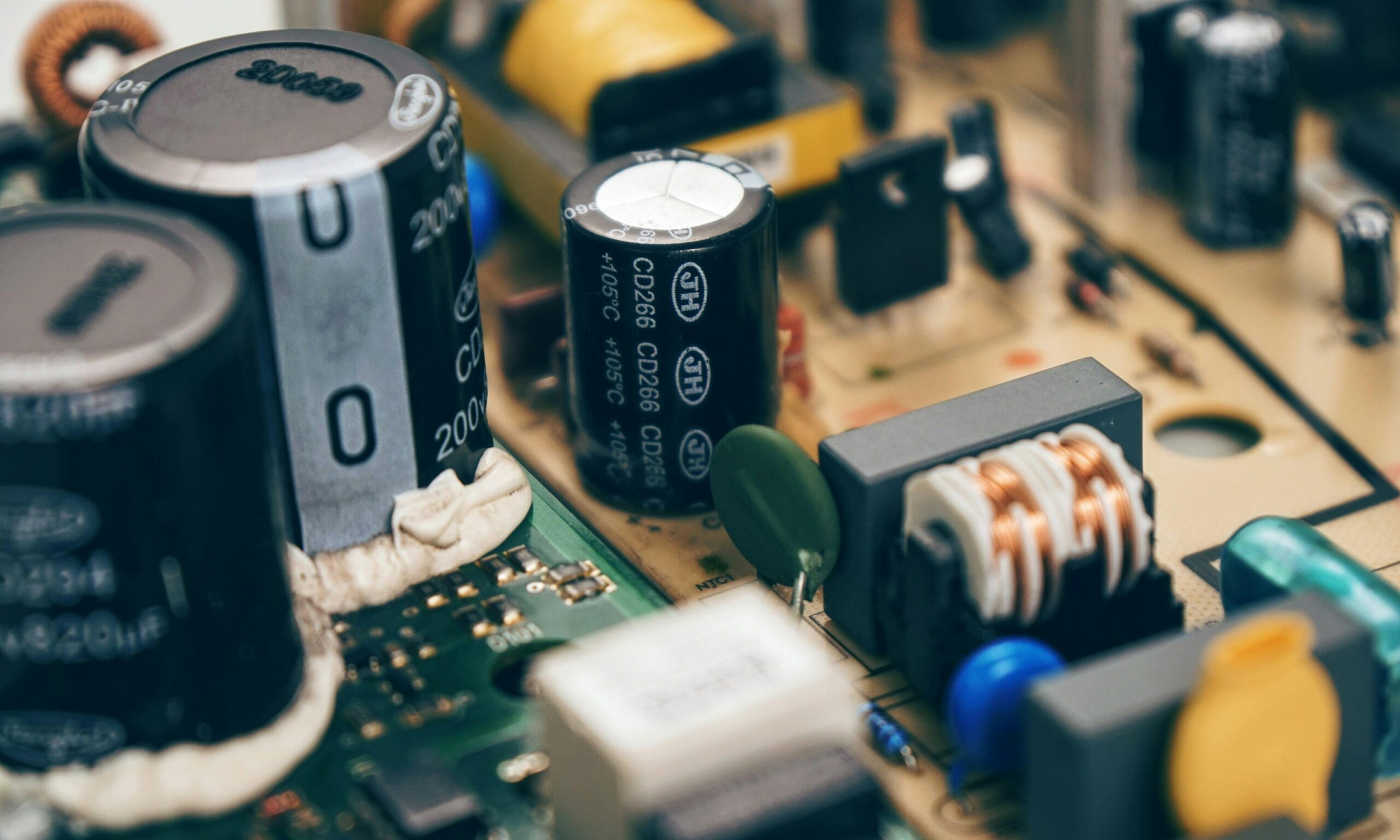Introduction:
In today’s world, electronic devices are an integral part of our lives. From household appliances to industrial machinery, we heavily rely on these devices for countless tasks. However, with the increasing number of electronic devices, the issue of electromagnetic interference (EMI) and radio-frequency interference (RFI) has become a significant concern. To mitigate these problems and ensure the efficient functioning of electronic equipment, the incorporation of RFI/EMI filters is crucial. In this blog, we will explore the essence and significance of RFI/EMI filters in electronic devices.
What are RFI/EMI Filters?
RFI/EMI filters, also known as electromagnetic interference filters, are electronic components designed to suppress unwanted electrical noise and electromagnetic emissions. They are essential to eliminate disruptive signals and disturbances that can negatively affect the performance of electronic devices.
How RFI/EMI Filters Work:
RFI/EMI filters work by attenuating or blocking high-frequency electromagnetic noise generated by various sources, such as power lines, radio waves, smartphones, and other electronic devices. These noise-suppressing components are typically incorporated at the input or output stages of electronic devices to ensure proper functioning without interference.
Importance of RFI/EMI Filters:
1. Enhanced Device Performance: By incorporating RFI/EMI filters, electronic equipment can operate optimally without being affected by external electromagnetic noise. High-quality filters help maintain signal integrity and prevent cross-talk or interference between different components of the device.
2. Compliance with Regulatory Standards: Many industries and sectors have strict electromagnetic compatibility (EMC) regulations to ensure the smooth functioning of electronic devices without disrupting other nearby equipment. RFI/EMI filters play a vital role in meeting these standards and preventing emissions that may interfere with nearby devices.
3. Protection against Interference: RFI/EMI filters act as a shield for electronic devices, protecting them from external noise sources that could potentially cause malfunction or damage. By blocking unwanted signals and suppressing noise, these filters ensure uninterrupted operation and extend the lifespan of sensitive electronic components.
4. Safety Considerations: In certain applications, such as medical devices, military equipment, or aviation systems, RFI/EMI filters are crucial to prevent electromagnetic interference that can jeopardize the overall safety of these systems. By isolating and reducing electromagnetic emissions, these filters contribute to the reliability and safety of critical electronic systems.
Conclusion:
RFI/EMI filters are an indispensable component in modern electronic devices, ensuring their optimal performance, compliance with regulatory standards, protection against interference, and overall safety. As the number of electronic devices continues to grow rapidly, the integration of high-quality RFI/EMI filters is vital to maintain reliable and interference-free operations. Investing in these filters not only enhances the longevity of electronic equipment but also provides a stable environment for other nearby devices to function efficiently.




